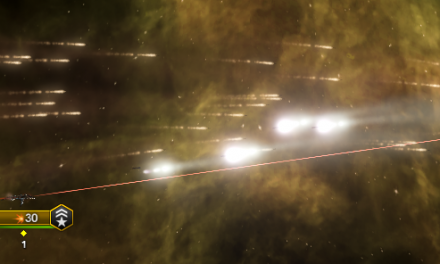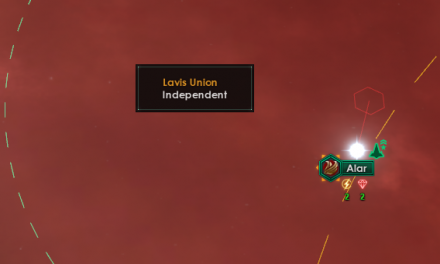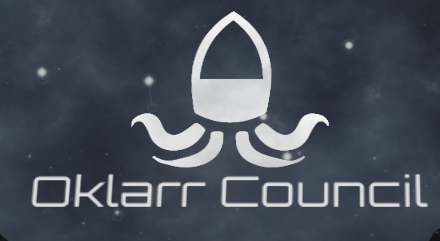Balancing national interests on a planetary scale was difficult enough as our wise scientific council consolidated our species under one cohesive collective, in the century before dedicated space-flight. Seventy years into our first steps of interstellar travel, the many races and civilizations we had encountered proved an even more arduous challenge for even the brightest political scientists and analysts of the day.
The Buvhondon Combine and Oklarr Council, neither friendly to our own empire, had consolidated their forces into what they described as the “Grand Concord,” a federation of like-minded dictators. They had trade deals with aliens across the sector, and their military was undoubtedly more superior than ours. It was only our understanding of the sciences that kept us superior to those selfish, religion-infused zealouts.
Avar Prime and the Na’Tirgir had not unified, but their oppressive styles of government rankled our leaders, and our egalitarian outlook offended theirs. While not allied with each other, it was a growing concern that so many of our neighbors held such differing viewpoints on the nature of leadership.
We maintained very positive relationships with the Dijunn Confederation, Nharr State, and Scyldari Confederacy, who all supported a more democratic or technocratic outlook on life in the universe. It was our hope to enter into compact with these foreign empires, allowing both free travel and mutual defense in the event of war. Perhaps with our successes in that political arena other empires would see the benefit of our ways and join a new federation.
The best minds of inter-species communication, governance, and negotiation furiously began studying the best way to approach each of these unique sovereignties. Though the work would be long, and taxing, it became clear to the scientific council that such pacts would become crucial for our continued survival through the ages to come.













